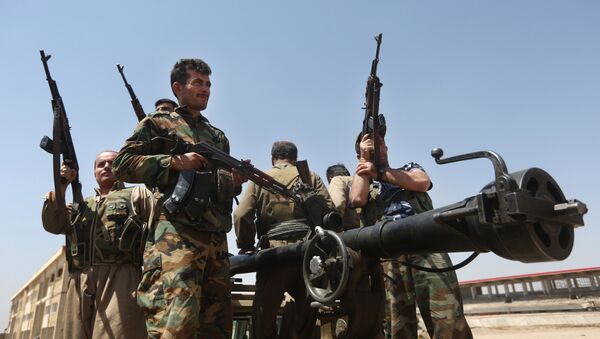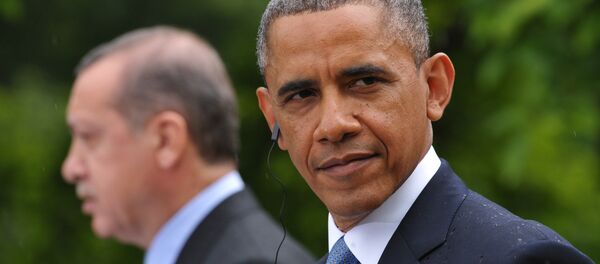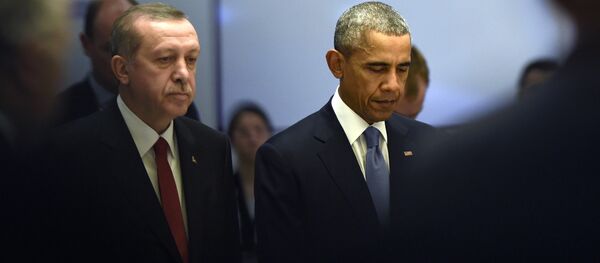“The Russian government says it has sent troops to fight alongside Kurdish units in northwestern Syria and is providing weapons to Iraqi Kurds in a tactic that could upstage a long-standing US alliance with the stateless ethnic group and increase Moscow’s influence in the region,” according to The Wall Street Journal.
A particular US concern is Russia’s demand for the Kurds to participate in the Syrian peace talks, “a move seen as a direct swipe at Ankara.”
“Before Russia’s intervention, the Kurds had no champion and no substantial claim to be part of the peace talks,” the newspaper says.
Russia’s weapons deliveries to Iraqi Kurds to step up its fight against Daesh and help in the eventual battle for Mosul also put Washington ill at ease.
Mark Katz, a professor at George Mason University who focuses on Russian foreign policy affairs, told the newspaper that Moscow’s move “might goad the Americans into stepping up arms supplies to prevent Russia from gaining the upper hand.”
Daily online magazine The Globalist provides its own reasons for the US’s unease.
Russia’s cooperation with the Kurds, it says, “gives Moscow three tools in one fell swoop — a permanent lever in Syrian domestic politics, another potential foothold in the Middle East, and a lever against Turkish President Recep Tayyip Erdogan.”
The situation is even more complicated, The Wall Street Journal says, as “Kurdish fighters’ well-publicized successes against Islamic State, and a perception in the region that Americans haven’t given full-bore support, have given Moscow new reason to boost ties with a group likely to play a strong role in a new Syria.”
“There is no doubt that the Kurdish factors will be one of the most important factors in the Middle East transformation in years to come,“ the newspaper concludes with the words of Fyodor Lukyanov, head of Russia’s Council on Foreign and Defense Policy, a Kremlin advisory body.




